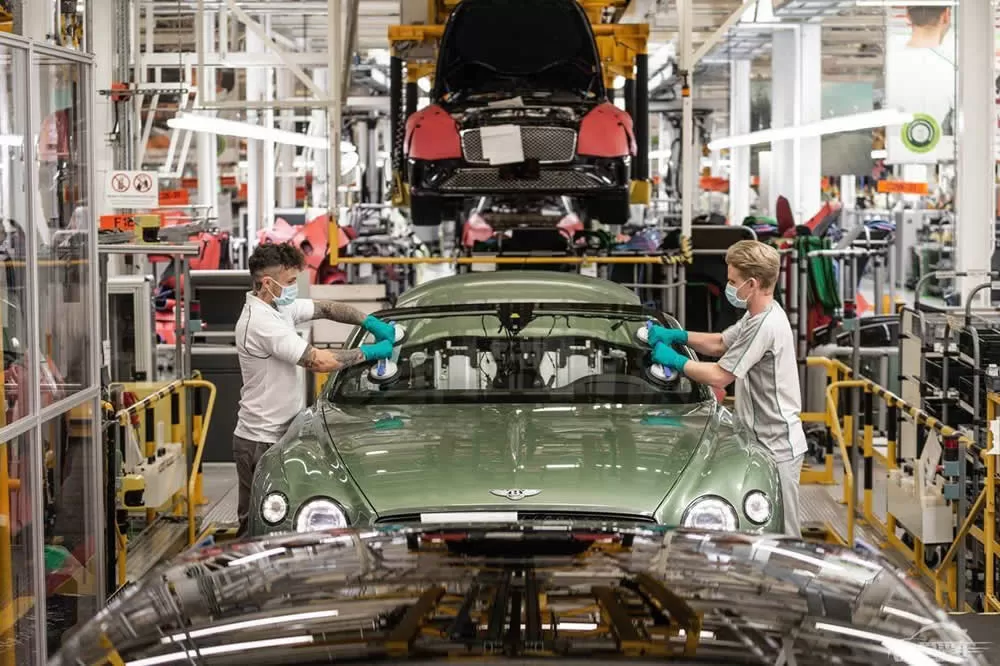
In April 2025, the UK automotive manufacturing industry encountered a "cold snap". According to the latest data from the Society of Motor Manufacturers and Traders (SMMT), the national car production in that month was only 59,203 units, a year-on-year plunge of 15.8%, setting the lowest monthly record since 1952 (except for the 2020 epidemic lockdown month). This data fell 25% month-on-month from March this year, reflecting that the UK automotive industry is facing multiple challenges.
Trade policy impact: The United States maintains a 27.5% automobile import tariff, and brands such as Jaguar Land Rover say their export business has suffered "heavy losses." Although the US court stopped some tariff policies at the end of May, steel, aluminum and automobile tariffs are still retained.
Production cycle adjustment: The late Easter holiday arrangement compressed the effective production time, and the temporary suspension of production due to the upgrading of production lines for electric models in many factories (such as Nissan's Sunderland plant)
Model replacement vacuum period: Traditional fuel vehicles have significantly reduced production, while electric vehicle production capacity has not yet been fully released. Currently, electrified models (including hybrids) account for 40.5% of total production, and the capacity ramp-up during the transformation process has not yet been completed.
Passenger cars: Production of 56,534 vehicles (-8.6% year-on-year), small cars such as Mini Cooper were severely affected by chip shortages.
Commercial vehicles: plummeted 68.6% to 2,669 vehicles, reflecting the return of demand to normal after the epidemic.
New energy vehicles: Tesla Model 3 remains popular, but the overall electrification transformation leads to short-term fluctuations. In August, the proportion of new energy vehicles fell below 30%.
The British government recently adjusted its industrial policy: postponed the ban on hybrid vehicles until 2035, and reduced the amount of fines for failing to meet electric vehicle production targets. SMMT CEO Mike Hawes pointed out that new trade agreements with the United States, the European Union and India may drive future production recovery, but in the short term, it still faces negative impacts such as Stellantis closing the Vauxhall plant.
Chinese brands grew against the trend
It is worth noting that in the overall downturn, Chinese brands performed well: BYD's sales soared 334.3% year-on-year, and MG electric vehicles' market share in the UK has steadily increased, becoming one of the few bright spots in the bleak market.